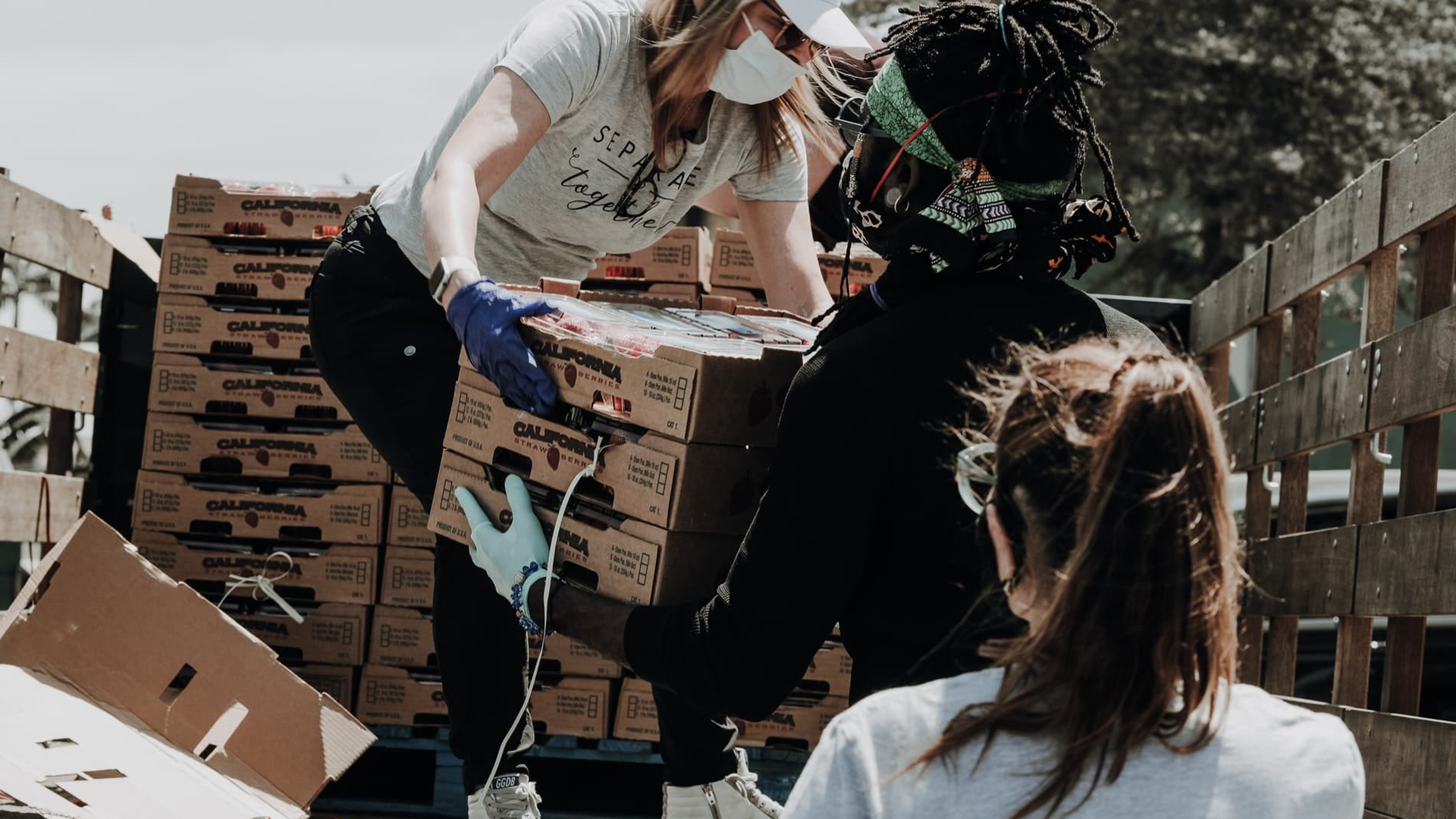Hurricanes, wildfires, tornadoes, floods, tsunamis, typhoons, earthquakes—the number and severity of natural disasters are increasing every year. These experiences of crisis expose the vulnerability of those on the margins and the reality of their need. When the Good Samaritan passed by the victim who had been beaten on the road to Jericho, he was moved with compassion because of the urgent need before his eyes. Jesus encouraged his listeners to be like this man; to see, serve, and come alongside their neighbors impacted by times of crisis.
A disaster is a crisis event that overwhelms a community’s capacity to cope, requiring recovery assistance from internal as well as public and private external sources. Domestic disaster response is saving lives and providing for basic needs during a crisis event or disaster. Disasters disproportionately impact vulnerable people groups. Preparedness and response to disasters is a way of caring for our neighbors, particularly the most vulnerable in our communities.
Love Mercy Do Justice leads a Domestic Disaster Response Initiative that partners with regional conferences, local Covenant churches, and local church partners on the ground to provide a timely response when a disaster strikes.
Studies show that during times of crisis nearly 60% of Americans say they turn first to a religious leader for comfort and guidance. Churches have a unique opportunity to be a beacon of hope in times of crisis and natural disaster. Responding well to disasters builds trust within your local community.
Specific Ways Churches are Equipped to Serve Their Communities:
- Functioning as communication hubs
- Having access to people other agencies can’t always reach
- Providing spiritual, emotional, and physical care in the aftermath of disasters
- Advocating for the most vulnerable in their communities, drawing attention and working to rectify injustice or unequal access to relief distribution, and community rebuilding
How Churches Can Participate in Disaster Response
- Pray. Pray. Pray. Pray for those who have lost loved ones. Pray for survivors who are suffering. Pray for aid workers.
- Prepare. Prioritizing preparedness is vital for an effective response. Identify potential hazards in your area. Is your area prone to tropical storms, tornados, or wildfires? Consider your proximity to structures like pipelines or power plants. This resource can help your church prepare for disaster.
- Participate. Churches can draw from the unique gifts and resources within their congregation. This could include opening the church for temporary shelter or food distribution and providing tools, like chainsaws, to cut fallen tree limbs. Do you have lawyers who could offer pro bono services in navigating legal questions? Lean into your strengths as a church.
- Partner. Collaboration is key to a resilient community. Learn about the resources available in your community and let other organizations know what your church has to offer. Many of the entities below can provide training opportunities, guidance, and resources for your planning and response efforts. It is essential to establish communication links with these entities during disasters.
American Red Cross
1-877-REDCROSS
Voluntary Organizations Active in Disaster (VOAD)
Each state has a VOAD
State Emergency Management Office (SEMO)
Every state has a SEMO, do an online search for yours
Federal Emergency Management Agency (FEMA)
1-800-621-FEMA
Email us to learn more about Love Mercy Do Justice Domestic Disaster Response grants that are available to support Covenant churches in their local efforts of crisis response during natural disasters.














